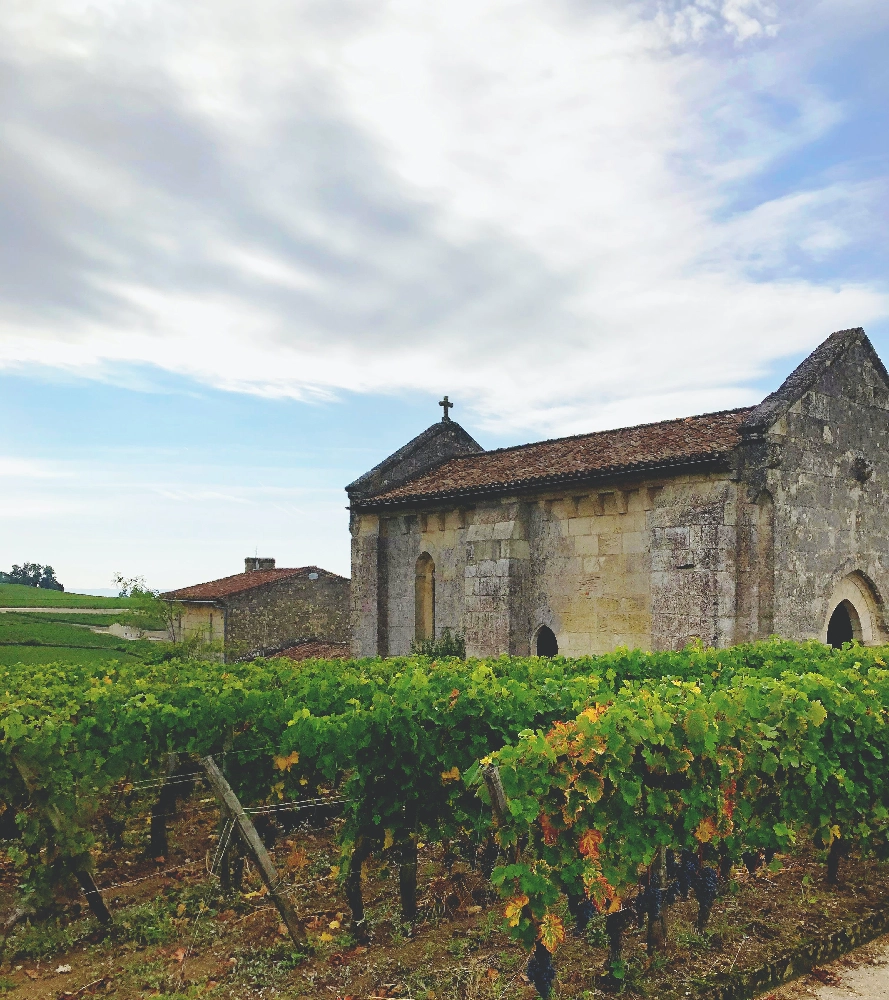
Bechtheim Wineries & Wines Stats
Wineries
1
Wines
5
A Historical Review of Wine Significance in Bechtheim, Germany
Introduction: Bechtheim is a small but historically significant wine-growing region located in the Rheingau district in West Germany. With its rich history dating back to ancient Roman times, this area has played an essential role in the development of German viticulture and winemaking. In this review, we will explore the historical significance of Bechtheim as a key wine-producing region.
Ancient History: Bechtheim's winemaking tradition can be traced back to Roman times when grape cultivation was first introduced in the area. The Romans recognized the ideal growing conditions that still exist today, with its south-facing slopes, abundant sunlight, and mineral-rich volcanic soil.
Middle Ages: During the Middle Ages, Bechtheim's wines gained widespread acclaim and were highly sought after by European nobility. Monasteries in the region played a significant role in propagating and refining the local viticulture practices. One such monastery, Starkloher Hof, is still operational today and is renowned for producing high-quality Riesling wines.
Early Modern Period: The 17th and 18th centuries saw a golden age for Bechtheim's wine production, with the region becoming an essential part of the European wine trade network. Wines from Bechtheim were highly valued for their unique characteristics and elegance, and they were often shipped to various parts of Europe, including England and France.
19th Century: The 19th century marked a period of significant advancements in winemaking techniques in Bechtheim. The introduction of phylloxera-resistant American rootstocks helped save the region from devastating vine diseases that swept through Europe during this time. Additionally, advancements in glassmaking led to the widespread use of bottles, preserving the wines and allowing for better aging and maturation.
20th Century: The 20th century brought numerous challenges for Bechtheim's wine industry, including two World Wars and the subsequent economic hardships. However, the region persevered, with many wineries focusing on quality over quantity to maintain their reputation. The second half of the century saw a resurgence in interest in German Riesling wines and recognition of the unique characteristics of Bechtheim's terroir.
Present Day: Today, Bechtheim remains an essential part of Germany's wine industry, with its vineyards producing world-class Riesling wines that continue to captivate wine enthusiasts from around the globe. The region's historical significance is reflected in its inclusion as a UNESCO World Heritage Site and continues to inspire new generations of winemakers to carry on this centuries-old tradition.
Conclusion: Bechtheim's historical significance as a wine-producing region lies in its rich history, ideal growing conditions, and the unique characteristics of its wines. From ancient Roman times to the present day, Bechtheim has continued to be a trailblazer in German viticulture and winemaking. As we continue to appreciate and savor these exceptional wines, we are reminded of the deep connection between this region's past and its vibrant present.
Note: The region's key info can be updated with more specific grape varieties and food pairings as needed.
